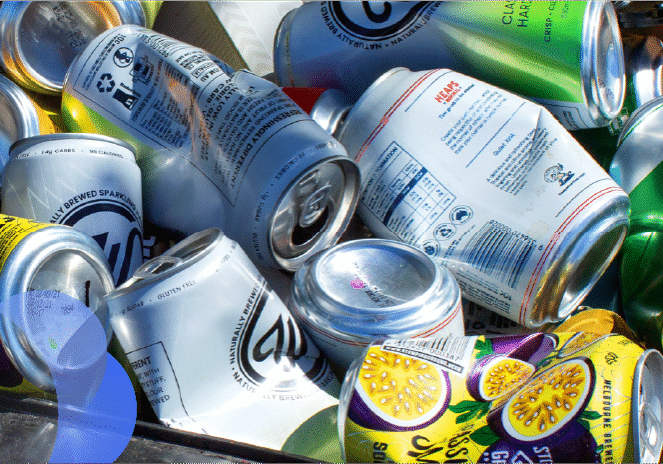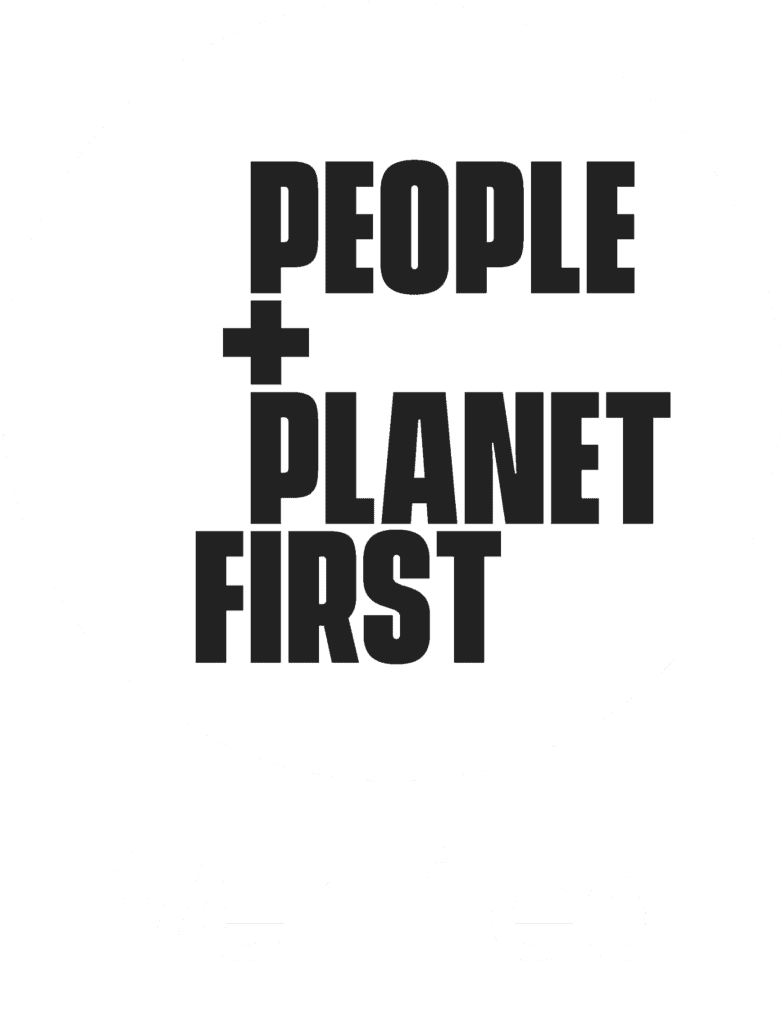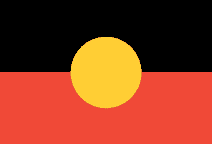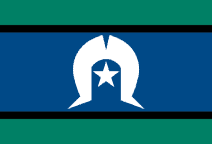Without social procurement and inclusivity mandates, advocates say the new container deposit scheme misses an opportunity to be part of the COVID-19 recovery for thousands of Victorians.
Jobsbank and Social Enterprise Network Victoria (SENVIC) are calling on the Victorian Government to ensure the benefits of its coming container deposit scheme (CDS) stretch beyond recycling and the beverage industry, and include community groups, social enterprises and jobseekers.
Victoria’s CDS (or “cash for cans and bottles”) will bring it in line with other Australian states and territories in 2023, boosting its recycling system, cutting waste and contributing to the circular economy.
But without social procurement and inclusivity mandates, it misses an opportunity to be part of the COVID-19 recovery for thousands of Victorians.
Jobsbank CEO Corinne Proske said they welcomed the Victorian government’s scheme, but wanted to ensure social enterprises, jobseekers who have difficulty securing work and community groups can share the benefits.
“With the delivery of a transformational piece of recycling policy, there also exists an opportunity to support meaningful job creation and social inclusion,” Proske said.
Last week, the Victorian government reinforced its commitment to social enterprise with the launch of a four-year Social Enterprise Strategy. The strategy focuses on increasing connections, exposure and opportunities to generate impacts for social enterprises across the state.
SENVIC CEO Nick Verginis said the CDS was a perfect opportunity to deliver on the intent of the new strategy by guaranteeing that container drop off points will include social enterprises and community organisations.
“SENVIC members are social enterprises often at the heart of their communities, and leaders in the circular economy. The only advantage of being the last state to create a cash for cans scheme is to learn from others and ensure the benefits are shared throughout the community,” Verginis said.
The Victorian government has announced a “split responsibility” model for the scheme, where collection points, transport and processing and coordination can be run separately by different operators.
When the WA state government launched their CDS last year, a not-for-profit organisation was given responsibility for coordinating the scheme, and 40 per cent of the state’s drop off points were mandated to be run by social enterprises and not for profits.
In NSW, where such targets don’t exist, 75 per cent of containers are collected by a single commercial operator which has first refusal rights to operate collection points.
Verginis said that if social enterprises and community organisations have the opportunity to operate as collection points, their local community can be encouraged to donate cans and bottles, “generating revenue for organisations doing great work in their neighbourhoods”.
“Our peers in NSW were shut out of this opportunity and their communities have not shared the benefits,” Verginis said.
“With a new strategy aiming to provide better government support for social enterprise, now is the perfect time to commit to social outcomes. This is a once-only opportunity to enable community organisations.”
The scheme could also be used to create inclusive employment opportunities for members of the community often overlooked by traditional employment methods.
By choosing to integrate more than one network operator in the design of the scheme, modelling estimates the Victorian CDS can be expected to create up to 1,935 jobs.
Proske said as the last Australian state to install a CDS, there was “a once-in-a-lifetime opportunity” to create enduring employment opportunities for those who have difficulty securing work across Melbourne but also across many regional communities within Victoria.
“If structured well, this scheme presents a rare policy opportunity to design for social as well as environmental impact,” she said.
About Jobsbank
At Jobsbank we want everyone, regardless of background or barriers, to have the opportunity to secure meaningful employment.
We do that by increasing the number of employers who practice inclusive employment and offering practical, tailored support to make recruitment and retention of hidden jobseekers work.
Our social procurement services help your business leverage the benefits and embed sustainable solutions that create impact.
Whether you have obligations under the Victorian government’s Social Procurement Framework or are looking to diversify your supply chain to create impact, Jobsbank can help.
To learn more send us an email [email protected]
About SENVIC
Social Enterprise Network Victoria (SENVIC) is a community of over 300 social enterprises across Victoria with over 700 people either in social enterprise or supporters and enablers.
We exist to build a connected community of social enterprises, facilitate access to learning and development opportunities, and increase the voice and influence of social enterprise across Victoria.
We share our members’ vision for a just, inclusive and sustainable society and believe that social enterprise is a means to get us there. Social enterprise needs its own spaces from which to connect, grow and shape the world around us.
Everyone has a role to create a better future. Find out more or join us at www.senvic.org.au





